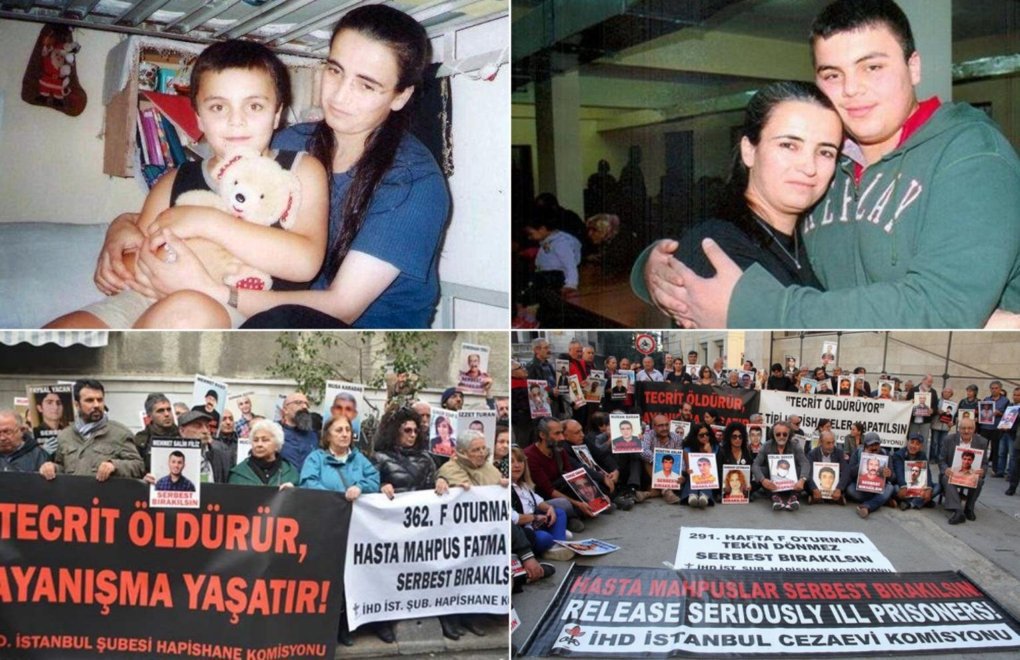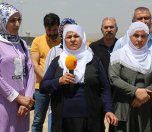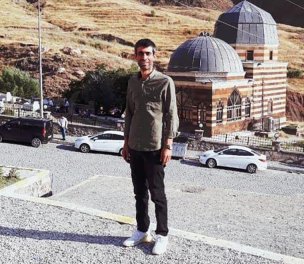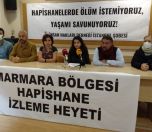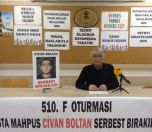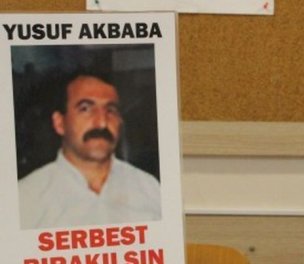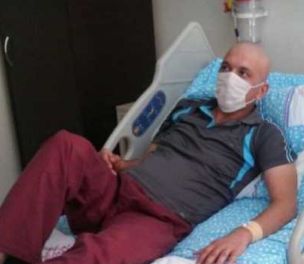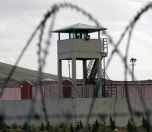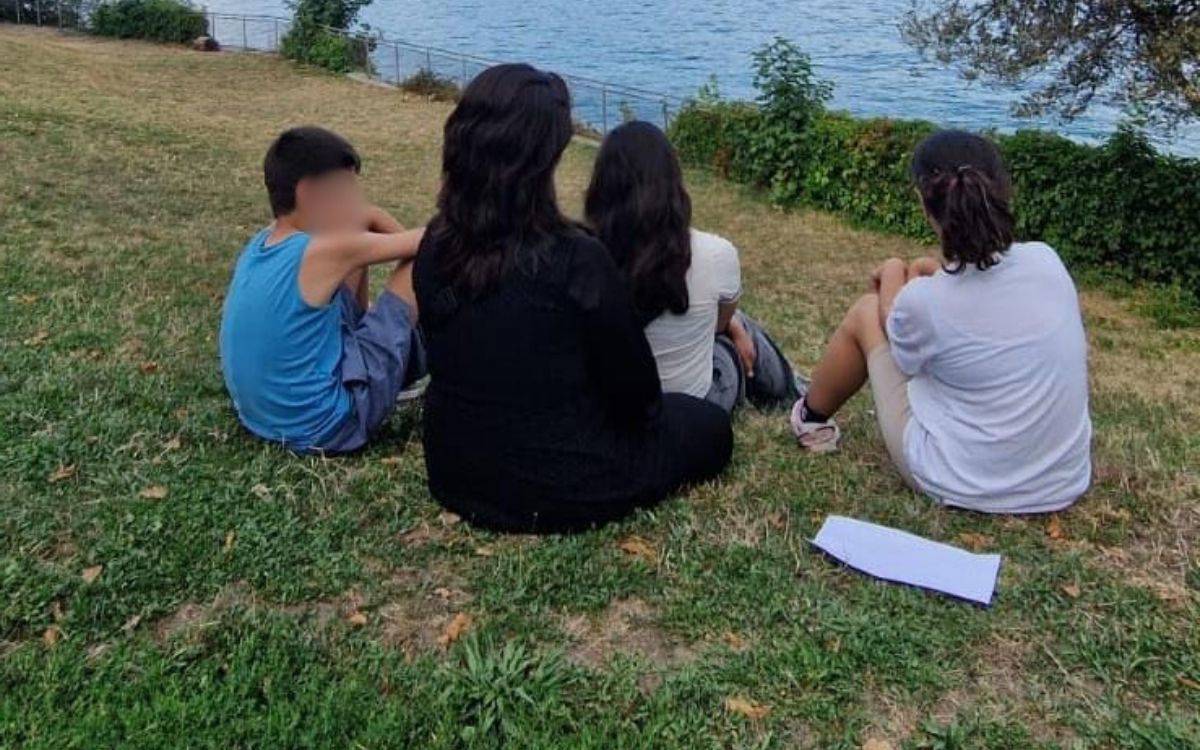Click to read the article in Turkish / Kurdish
When Fatma Tokmak, a prisoner with severe cardiac disease, was taken to the hospital a week ago, gendarmerie officers wanted to handcuff her to the bed. She opposed this and her treatment was not done. She was taken back to the Bakırköy Women's Prison in İstanbul.
"Her treatment is prevented. We are very worried," said her attorney, Jiyan Kaya, who calls for support for her client.
Handcuffing to the bed
"Fatma Tokmak's blood values are regularly checked at the prison infirmary. They see an increase in the checks on [January] 19 and the doctor says she needs to be taken to the hospital and treated," she explained.
"Fatma was not going to the doctor because she did not want to stay alone in the cell in the period of the pandemic. She did not want to go this time as well, because it is not possible for her to stay alone in the cell.
"But when her situation worsened, she accepted to be taken to the hospital.
"At the Dr. Sadi Konur Training, Research and Chest Diseases Hospital in Bakırköy, the doctor said she should be hospitalized.
"The gendarmerie brought her to the convicts' ward and attempted to handcuff her to the bunk bed. She did not accept this. There was a tussle for a short time. And the doctor said, 'That won't do! Take her to another hospital.'
"Procedures of Fatma could not be done and she could not be hospitalized. They took blood from her three times at the hospital. Her blood values returned to normal at night. They took her to the prison. She has been staying in quarantine with another person in prison since that day."
"No response to requests"
"Normally, she should have been referred to the hospital today. She was told she was not yet in the hospital list.
"I couldn't talk to anyone because of the administrative leaves [due to the snowfall]. Fatma has bruises on her body. Her cell is very small. She can't get a response to her petitions and when she presses the emergency button. She can't go to the infirmary, they don't respond to her requests.
"Officers don't pay attention to her because she is in the quarantine zone. Because she can't walk and move due to the small space, his diseases become worse. We are very worried about her."
Tokmak should be immediately taken to the infirmary and regularly taken to the hospital, said the attorney. "She has a report stating that she can't stay in prison. She should be released immediately. "
No one heard her voice
Fatma Tokmak was detained with his infant son Azat in 1996 for an offense she had not committed. She and her child were tortured in detention.
She was arrested and stayed in prison for nine years. Tokmak did not speak Turkish and wanted to give her statement in Kurdish. She was sentenced to life imprisonment without her statement taken.
She contracted heart disease in prison. In 2006, a court released her pending trial, considering her disease.
After her release, she worked as a care worker, providing support to elderly and ill people.
However, when her life sentence was upheld by the Court of Cassation, she was put back in Bakırköy Prison in 2010.
Her son shared her situation with the public many times. Human rights advocates made efforts for her release. In 2011, the Forensic Medicine Institution concluded that she can stay in prison, ignoring her diseases.
Examining her medical reports, the İstanbul Branch of the Human Rights Foundation of Turkey (TİHV/HRFT) issued a report that she can't stay in prison. Yet she hasn't been released.
According to the Human Rights Association (İHD), there are more than 1,600 ill prisoners in Turkey. (EMK/VK)





